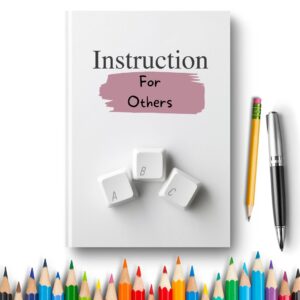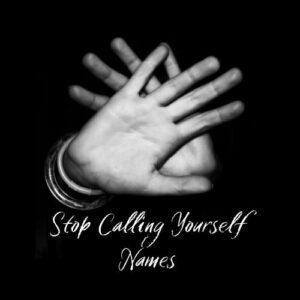Most of us were taught to shut out painful feelings early on. We try to protect ourselves and others by shutting down or disconnecting from our feelings. It’s more acceptable to tell everyone we’re fine, including ourselves, than to acknowledge our struggle.
No one teaches us how to process our emotions.
Through no fault of our own, this absence of this knowledge and skill comes with a price; we don’t get past painful emotions. Instead our emotional hurts pile up and go underground. Over time, they become our proverbial emotional baggage and we end up expending a lot of energy trying to find ways to block them out.
Unprocessed emotion is cumulative. This means when something activates pain in the present, for example when a relationship ends, we not only feel hurt of the current loss but all the unprocessed losses that came before. This can flood us with an emotional intensity we have no practice managing, which often results in desperate attempts to stop the emotional hemorrhaging by acting in ways that end up adding to our pain.
Now that I’ve got you bummed out,
let’s lighten things up with some good news!
😅
Negative emotions don’t have to last for weeks, months or years when you know to process them. You don’t have to exhaust yourself trying to avoid your feelings. You don’t need to keep using food, social media or other substances to dull the pain.
The way to find freedom is to understand how your brain works for you and against you. This is what I help people do in my practice and through my online course. The first step is realizing that feelings aren’t facts and they are not problems to be fixed. Facts are things we can observe in the world that are undisputable reality. Facts are not interpretations or judgments about reality; these are called thoughts. Learning the difference between what is reality and what is a thought can pave the way to emotional freedom. Once we can make this distinction, we can start to investigate our thoughts. Often, they reflect distortions of reality which create outcomes that don’t serve us. Learning how to identify cognitive distortions give you a way to get some distance from your own brain instead of believing everything you think.
Emotions are part of being human. We feel both negative and positive emotions regardless of the circumstances of our lives. Emotions are vibrations and patterns of energy in our body that echo thoughts in our mind. When we resist or react to our negative emotions we amplify them and often get stuck in them. When we learn to allow our emotions, it helps us hold the space for emotional vibration without fear or reactivity. One of the things I help people do is process their negative emotions.
Building skill in managing our minds and emotions is not something anyone ever teaches us but it is a skill we can practice and get better at over time if we’re willing to learn. I would argue it may be the most important skill you learn because it lays the foundation for dealing with all of life’s inevitable ups and downs.



